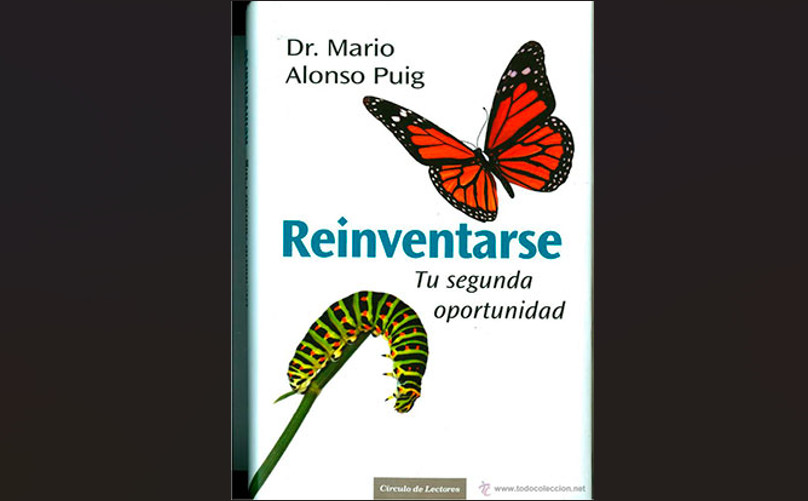Admin
Latest stories
26 Views
in SpanishManos y Manecillas
More stories
-
23 Views
in SpanishPantalón de Mezclilla. 10 More Spanish Expressions That Are Not Easy to Figure Out
updated
Here are ten very common Spanish language expressions, many of them from Mexico. You will see their literal translation and what they really mean in natural English. Spanish expression Literal translation Colloquial English meaning pantalones de mezclilla (MX), pantalones vaqueros (España) mixed-fabric pants, denim pants jeans. In México, it’s very common to hear pantalón […] More
-
18 Views
in SpanishArena. Same Word, Very Different Sound, and sometimes different meaning.
updated
Why familiar words can confuse your ear even when you already know them One of the biggest surprises for Spanish students who speak English is this: sometimes a word looks exactly the same in both languages, but it sounds completely different. Your brain says “I know this word”, but your ear hears something else. This […] More
-
26 Views
in SpanishManos y Manecillas
updated
One of the things that sometimes confuses Spanish students is when a word looks like a diminutive, but it does not really mean “small”. In English, when something gets smaller, we usually add an adjective like small or little. In Spanish, the language often changes the word itself. Sometimes that change is affectionate or about […] More
-
44 Views
in SpanishNew York City: The Big Apple and La Gran Manzana.
updated
Why some Spanish speakers imagine a giant city block when they hear the nickname of New York City New York City is famously known as the Big Apple. Most English speakers grow up hearing that name and rarely stop to think about it. It is just a nickname. But when this expression is translated into […] More
-
33 Views
in SpanishCity Vocabulary for Mexico City
updated
Photo taken from: https://www.youtube.com/watch?v=YdAeE_7vRSg This post was requested by my student M.R., who is traveling to Mexico City soon. Many Spanish students feel comfortable in a classroom, but once they arrive in a big city like Mexico City, the vocabulary suddenly changes. Street signs, directions, and everyday conversations use words that are not always the […] More
-
60 Views
in SpanishChangarro. 10 Spanish Expressions That Are Not Easy to Figure Out.
updated
Spanish is full of expressions that look simple, but when you translate them word by word, they make very little sense. This is especially confusing for Spanish students, because dictionaries usually give you the literal meaning, not the real one. In this post we look at ten very common expressions, some of them apply to […] More
-
67 Views
in SpanishOne More Year
Spanish has many verbs related to time, aging, and change. Some verbs describe physical aging, others appearance, others emotional wear, and others renewal or growth. Below are some of the most common verbs and expressions, both positive and negative. Envejecer Envejecer means to age in a general and neutral way. It can be physical, emotional, […] More
-
60 Views
in SpanishMorning, Night, and Everything in Between: Mañana, Noche, Tarde… and Their Diminutives
updated
Spanish students usually learn mañana, tarde, and noche very early. They look simple, but in real Spanish, especially in Mexico, these words change a lot with diminutives and set expressions. Mañanita, tardecita, and nochecita are not just “smaller” versions. They carry time, mood, and sometimes intention. This post tries to clarify those differences in a […] More
-
33 Views
in Spanish10 Spanish Expressions That Are Not So Easy to Figure Out
updated
More expressions that confuse Spanish students Spanish expression Literal translation Real meaning in English estar amolado (Mexico) to be ground down / worn to be broke, in trouble, or in a bad situation ser maleta to be a suitcase to be bad at something, clumsy, or useless at a task chuchulucos (Mexico) little trinkets / […] More
-
682 Views
in Culture, Mexico, Spanish, Table of Expressions, VocabularyChopped Spanish — common spoken shortenings you’ll hear everywhere
updated
Spanish that is not in the books, but that exists in everyday casual speech In casual Spanish, people shorten words all the time. They move fast, they like rhythm, and they often drop syllables — especially para, está, estoy, espera, and nada. These shortened forms are normal in conversation but usually not written (except in […] More
-
744 Views
in SpanishMasculine Spanish Nouns Ending in “-a” (Including “-ista” Professions)
updated
Many students begin learning Spanish with the general rule that nouns ending in “-a” are feminine.This rule is often true… but there are dozens of very common exceptions, especially words of Greek origin, and also profession nouns ending in -ista, which take masculine or feminine articles depending on the person, but the noun ending never […] More
-
713 Views
in Culture, Mexico, Spanish, Table of Expressions, VocabularyBeto, Pepe, Don Goyo, y más — Nicknames and the full names behind them (Updated from 2021)
updated
A guide to common Spanish nicknames and diminutives so you don’t get confused Spanish speakers love nicknames. Many formal given names get shortened, changed, or turned into other forms that can be tricky for learners. Across the Spanish-speaking world, people use these nicknames in daily life — at home, at work, and on the street […] More
















